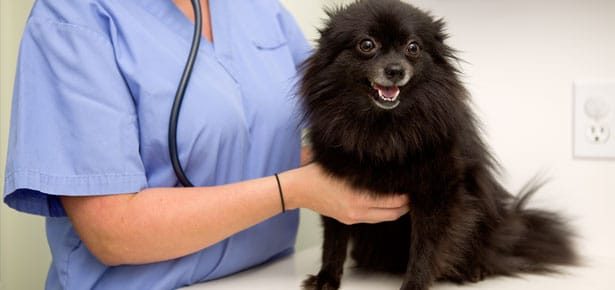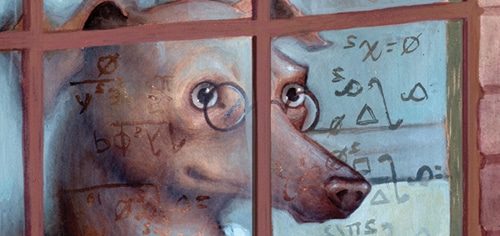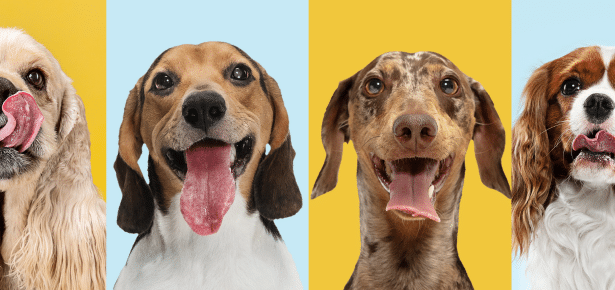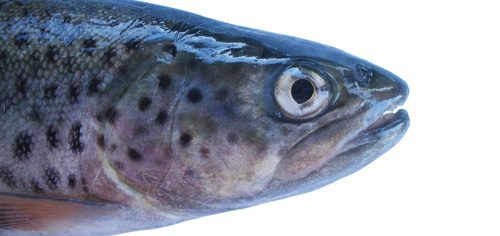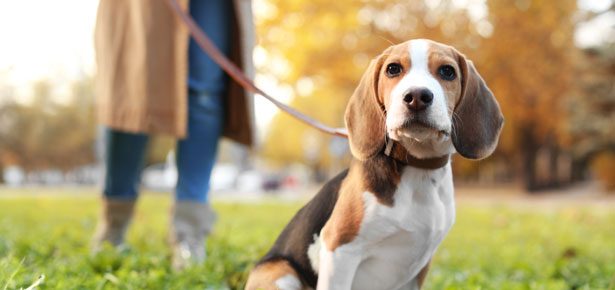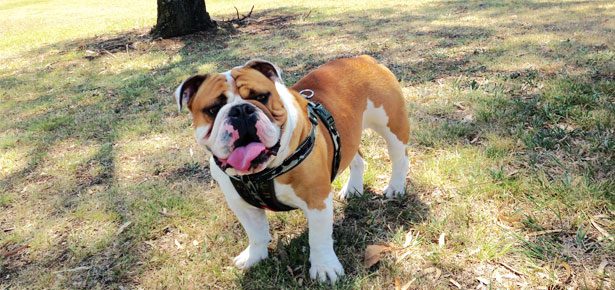
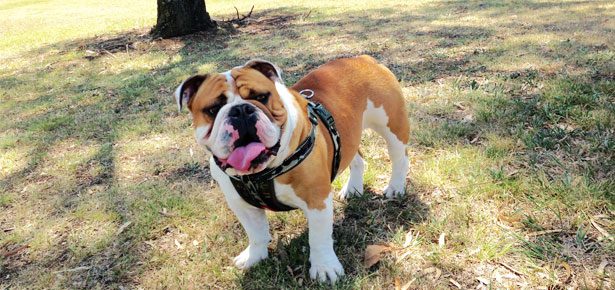
How Your Bad Habits Are Affecting Your Dog
Keep your pet healthy with these tips
Many of us consider pets a member of the family, but this does not always mean treating our pets like humans. For example, there are many habits humans choose to indulge in that can harm pets — including smoking, drinking and a lack of regular exercise. Unlike people, animals are unable to make the conscious decision to participate in these habits. Although pets may be considered a furry family member, it is important to remember our pets’ special needs and how human behavior can impact their health.
In the past, the consequences of smoking were not given much thought by those who smoked. However, doctors and researchers began identifying a strong association with smoking and certain cancers in humans, causing a wave of concern in recent generations. Despite the concern of smoking negatively impacting human health, smoking is still a common habit. In addition to harming humans, secondhand smoke can contribute to the development of many diseases in pets. Dr. Michael Ciepluch, lecturer at the Texas A&M College of Veterinary Medicine & Biomedical Sciences, offered some insight.
“Secondhand smoke can be harmful to pets,” Ciepluch said. “Inhaled irritants, such as cigarette smoke, aerosol sprays and perfumes can contribute to the development of chronic bronchial disease — similar to asthma in humans — which requires lifelong medication. Cigarette smoke also contains carcinogens — substances which can cause cancer. Recent veterinary studies have identified a higher risk of certain cancers in pets living in a smoking households compared to non-smoking households. Bottom line: don’t expose your pet to secondhand smoke — take it outside.”
Allowing your pet to safely join in on holiday celebrations is always fun, but sometimes it may be beneficial to keep an extra eye on your pet at the celebration or leave them at home. If your pet takes a few sips of an alcoholic beverage that was left on the ground or someone allowed your pet to taste their drink, the consequences can be deadly.
“Alcohol is toxic to pets and humans at high doses and alcohol toxicity is heavily dependent upon body weight. Most pets weigh less than humans, so it takes less alcohol to be toxic,” Ciepluch said. “Clinical signs of alcohol toxicity include vomiting, diarrhea, incoordination, central nervous system depression, difficulty breathing, tremors, abnormal blood acidity, coma, and even death.”
Sometimes pets mirror the bad habits of their owners, such as sitting on the couch all weekend. However, just like in humans, being a couch potato and lacking regular exercise can lead to conditions such as obesity.
“Exercise and physical activity are critical for both physical and mental well-being in our pets and for overall longevity,” Ciepluch said. “Pet obesity is a growing problem in the United States. In fact, in 2014, 50 to 60 percent of dogs and cats were overweight or obese. Obesity takes a toll on bones and joints, and daily activity and exercise can help prevent or correct weight gain in pets. Maintaining a lean, healthy body condition allows pets to remain active and comfortable even into the later years of life. On the other hand, older and overweight or obese pets often have a much harder time getting around the house, let alone being active, because the chronic extra weight on their joints with each step accelerates the development of arthritis.”
Even if you notice your pet is experiencing soreness from a condition such as arthritis, it is not safe to treat your pet with over-the-counter pain relievers. If your pet needs treatment for pain, Ciepluch recommended pain medications that have been approved for use in pets by the FDA. “While it is tempting to give something to your pets to help with pain, pet owners frequently do much more harm than good with over-the-counter, at-home pain remedies,” Ciepluch said. “There are many NSAIDs and other pain medications available for pets that have undergone extensive safety studies and have been approved for use in pets by the FDA. If you are ever in doubt, call your veterinarian or a local emergency veterinary clinic.”
Pet health is a reflection of the care pets are given. The safety of pets relies entirely on the actions of owners and the choices they make. Consult your veterinarian if you have any concern for your pet’s health and safety.
Join the newsletter and never miss out on dog content again!
"*" indicates required fields
By clicking the arrow, you agree to our web Terms of Use and Privacy & Cookie Policy. Easy unsubscribe links are provided in every email.
